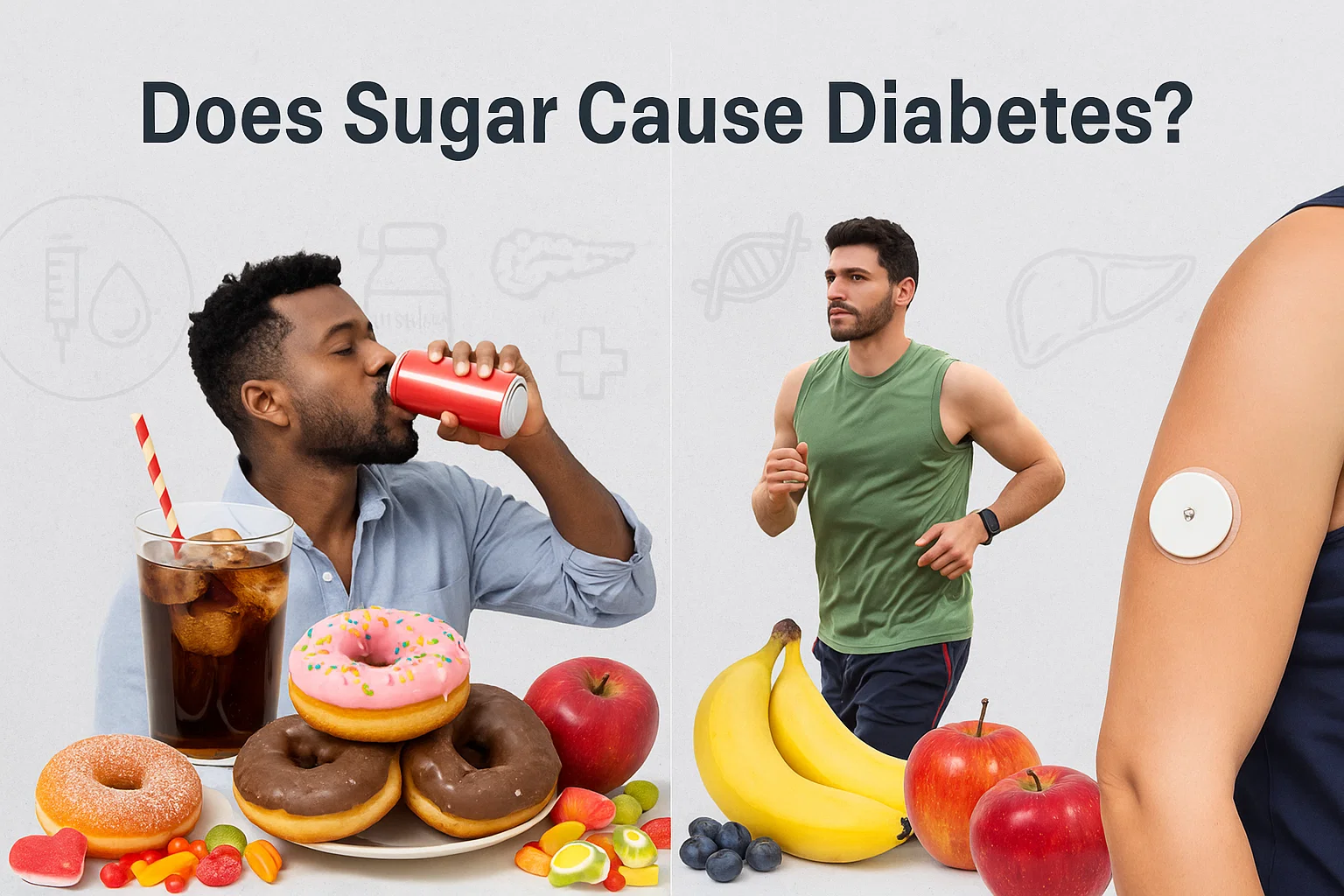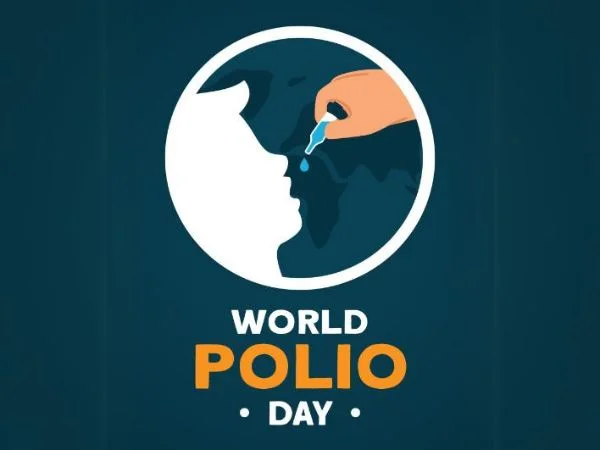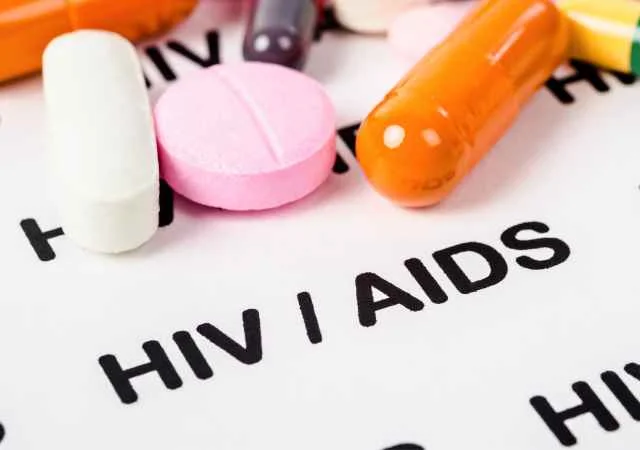You’ve likely heard it over and over again: “sugar causes diabetes.” But does sugar cause diabetes? Not in your lifetime. 2025 research firmly declares that diabetes isn’t caused by one food but by a multifactorial profile of causes involving genetics, way of life, and pattern of eating. A 2024 study published in The Lancet Diabetes & Endocrinology revealed that while excessive sugar intake increases risk, the strongest predictor remains insulin resistance caused by long-term calorie excess and fat buildup around organs. That means cutting sugar alone isn’t a magic shield — and this is where most blogs stop short, but we’re digging deeper. So if you want to cut through fiction and reality and view the real connection between sugar and diabetes, do read on.

Sugar & Insulin Resistance – The Real Connection
The largest myth is that sugar flicks a switch and develops diabetes overnight. The scientific reality is otherwise: sugar induces insulin resistance, that’s the real culprit. Insulin resistance happens when the cells within your body are not reacting to insulin, and the glucose builds up in the blood. That is where the misunderstanding begins — does sugar cause diabetes right away? No. But high added sugar consumption, especially in liquid calories like sodas, speeds insulin resistance along. In fact, a Harvard 2023 cohort study showed that those who had one daily sugary drink had a 26% increase of developing type 2 diabetes than those who had them very rarely. What that implies is how sugar works towards the metabolic map of the body in order to allow diabetes to easily happen.
Why Sugar Alone Doesn’t Tell the Whole Story?
It isn’t exactly “sugar in, diabetes out” with diabetes. A few things are added to the equation. Heredity, weight, stress, and even sleep deprivation render the body less responsive to insulin, and consuming sugar puts even more pressure on it. Sugar also induces diabetes in all humans who consume sweets? Far from it — most thin people can handle moderate sugar intake, but some get type 2 diabetes on the basis of genetics or fatty accumulation in the visceral area even on low sugar intake. The American Diabetes Association 2024 review acknowledged that it’s the excess calorie, and not sugar itself, that fuels the diabetes epidemic. In other words, to combat diabetes is a battle against myths about type 2 diabetes, such as that sugar in and of itself is the bad guy, ignoring lifestyle and environmental causes.
Type 2 Diabetes Myths You Need to Stop Believing
That is where myths get us into trouble. Perhaps the most prevalent type 2 diabetes myths is the idea that fruit sugar is the same as white sugar. But research indicates otherwise — fruit holds fiber and antioxidants that slow down absorption and cushion against insulin resistance. Myth number two? That eliminating sugar alone would cure diabetes. A 2025 review in Nature Metabolism held that remission in most cases involves weight loss, better sleep, exercise, and reducing overall processed food consumption and not merely eliminating sweets. So, is sugar the culprit behind diabetes? This is something to consider, but because of these myths people are steered away from a total strategy. Shattering these myths makes readers consider long-term life transformation and not fear in the short term concerning sugar.
The Science of Sugar Intake Limits
So just how much is healthy consumption of sugar in terms of lowering diabetes risk? World Health Organization guidelines in 2025 indicate reducing added sugars to 25 grams a day (about 6 teaspoons) for the best health. But note this: not all sugars are created equal. Is sugar more likely to contribute to diabetes when it is processed and packaged within boxes of foods? Absolutely. For instance, “fruit-flavored” yogurt can contain more sugar than a donut. It’s really the context and source, rather than grams of sugar, involved, according to a 2024 Journal of Nutrition study. Individuals below WHO’s goal sugar level but eating sugars nearly entirely in the form of fruits significantly reduced their risk of diabetes.
Why Liquid Sugar is the Reddest Flag?
Whichever one of the locations where sugar’s true strength is established is sweet drinks. Unlike solid food, liquids sugars circumvent satisfaction signals, and you unintentionally consume too many calories. Does sugar lead to more diabetes when consumed in beverage form versus eating it? The study unequivocally states so. That is why cutting back on sodas, sweetened tea, and energy drinks is of utmost significance in not exceeding your daily sugar quota. A discovery of such disparity shatters myths about type 2 diabetes that perceive all sugar as equal.
How Genetics & Lifestyle Change the Equation?
Others eat sweets regularly but never develop diabetes — why? Because lifestyle and genetics are moderators. Diabetic Care in 2025 on South Asian populations found that genetic susceptibility on top of excessive sugar consumption doubled their risk of diabetes compared to European populations. Does sugar cause diabetes? No, but gasoline for fire on genotypically susceptible groups. That’s where insulin resistance as the villain of first resort comes in: sloth, visceral fat, and sleep deprivation make the nasty effects of sugar synergistic. So to 2025 readers, what that boils down to is that you have to consider your genetics and your lifestyle context when you’re doing your math for sugar risk.
Future Trends: AI Nutrition & Glucose Monitors
This is where 2025 is different from blogs of five years ago. Because there are now AI nutrition apps and CGMs, humans can literally feel real-time feedback of how sugar is affecting their blood glucose. A 2024 Stanford study found that glucose responses ranged wildly more between people — some responded more to rice than soda, and others had reversals. So does sugar cause diabetes in the same way? Not a chance. These findings dispel ancient type 2 diabetes myths of the single-size-fits-all diet and illustrate how technology is personalizing diabetes prevention. It’s future-thinking in the sense that it describes what makes this article different from others in 2025.
FAQs
1. Too much sugar?
WHO’s 2025 guideline states going under 25 grams of total added sugars per day as optimal. Does sugar induce diabetes if you sometimes wind up with a bit too much, though? Not quite. It’s the chronic excess and where you are getting that sugar from. A 2023 meta-analysis in BMJ reported that individuals who were consistently above 50 grams/day of added sugars had a 33% higher risk of diabetes. Remaining within your daily threshold of sugar, consuming whole foods, and avoiding sneaky sugars is the solution.
2. Is diabetes reversible naturally?
Yes, diabetes does come into remission, but it’s more than sugar falls. Is sugar to blame for curing diabetes when not consumed? Not alone. Research such as the 2024 DiRECT trial update revealed that maintained weight loss of 10–15 kg by eating low-calorie diets and lifestyle changes placed type 2 diabetes in remission. Exercise, sleeping, and managing stress also play significant roles. This type 2 diabetes myth that cutting back on sugar cures diabetes is busted.
3. Is fruit sugar bad for diabetics?
The oldest of all myths is that fruit sugar is as bad. But science is not in agreement. A 2023 meta-review published in Nutrients demonstrated that whole fruit consumption reduced diabetes risk but that fruit juice consumption did not. Does sugar act differently with diabetes if from fruit? Yes — fruit sugar is taken up more slowly due to fiber, lowering the glucose spikes and raising insulin sensitivity. This is the reason that even among diabetics, a healthy diet must include moderate quantities of whole fruit.
Conclusion: The Real Answer
So, having said all this, does sugar cause diabetes? The best answer is: sugar itself does not lead to diabetes but does a great deal of heavy lifting in making insulin resistance easier and nudging vulnerable individuals towards the disease. The real threat is long-term excess consumption, mostly of liquid and secret sugars, and lifestyle and genetics. Dispelling type 2 diabetes myths and grasping the subtlety of sugar consumption limitation brings the conversation from fear-driven guidance to doable measures. In 2025, with CGMs, AI nutrition apps, and sophisticated research, sugar and diabetes conversations are smarter, more tailored, and brighter than ever before. The takeaway? Don’t demonize sugar entirely, but heed its power — and outsmart it wisely.


